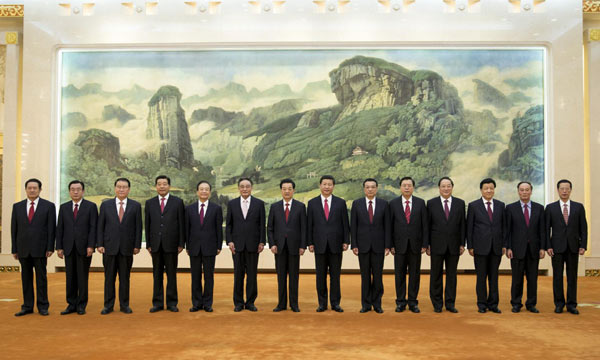
One of the well-known government efforts is Project Hope, launched in 1989 by the Communist Youth League of China Central Committee and the China Youth Development Foundation.
In the past two decades, the project has raised more than 5.3 billion yuan ($851 million) to build more than 15,000 primary schools in less-developed regions.
At the same time, non-governmental organizations and public figures have become more devoted to helping those in need.
The "Free Lunch for Children" project, initiated last year by more than 500 journalists and domestic media, has received donations from millions of people and allocates three yuan per person each day to provide free lunch for school children in impoverished regions.
These are all visible improvements, and they have all happened relatively quickly. But compared with what has been going on in rich regions, they are still far from enough.
China's economic growth has been remarkable in the past two to three decades, but regional gaps remain wide.
A geographic breakdown of Gross Domestic Product (GDP) figures shows that the GDP for a city in the coastal areas could be as high as that for a whole province in the west.
Therefore, to achieve equitable distribution of education resources requires more even income levels among regions and families. This will take a long time, but optimism is not unrealistic.
The government needs to continue subsidizing rural and less-developed areas, including raising teachers' salaries, building better schools and buying greater quality teaching equipment.
This needs supervision from the Party disciplinary bodies and the public. Luckily, popular Internet social networking websites such as Sina Weibo are helping make ordinary people's voices heard.
It also needs to loosen restrictions on the Hukou system and allow students to go to school and sit college entrance exams where their parents work.
Income disparity has resulted in different input into education in terms of capital, but not just that. It has also affected the level of importance parents in cities and the countryside attach to education.
Many farmers want their children to find a job early to make up for the tight family income. The situation has been made worse in recent years as college graduates cannot easily find decent and well-paid jobs.
Transparency in job recruitment and career development is necessary for disadvantaged parents to realize education is still important for their children to climb up the social ladder.
Only when the poor still believe in education can there be hope for the country to become prosperous.







